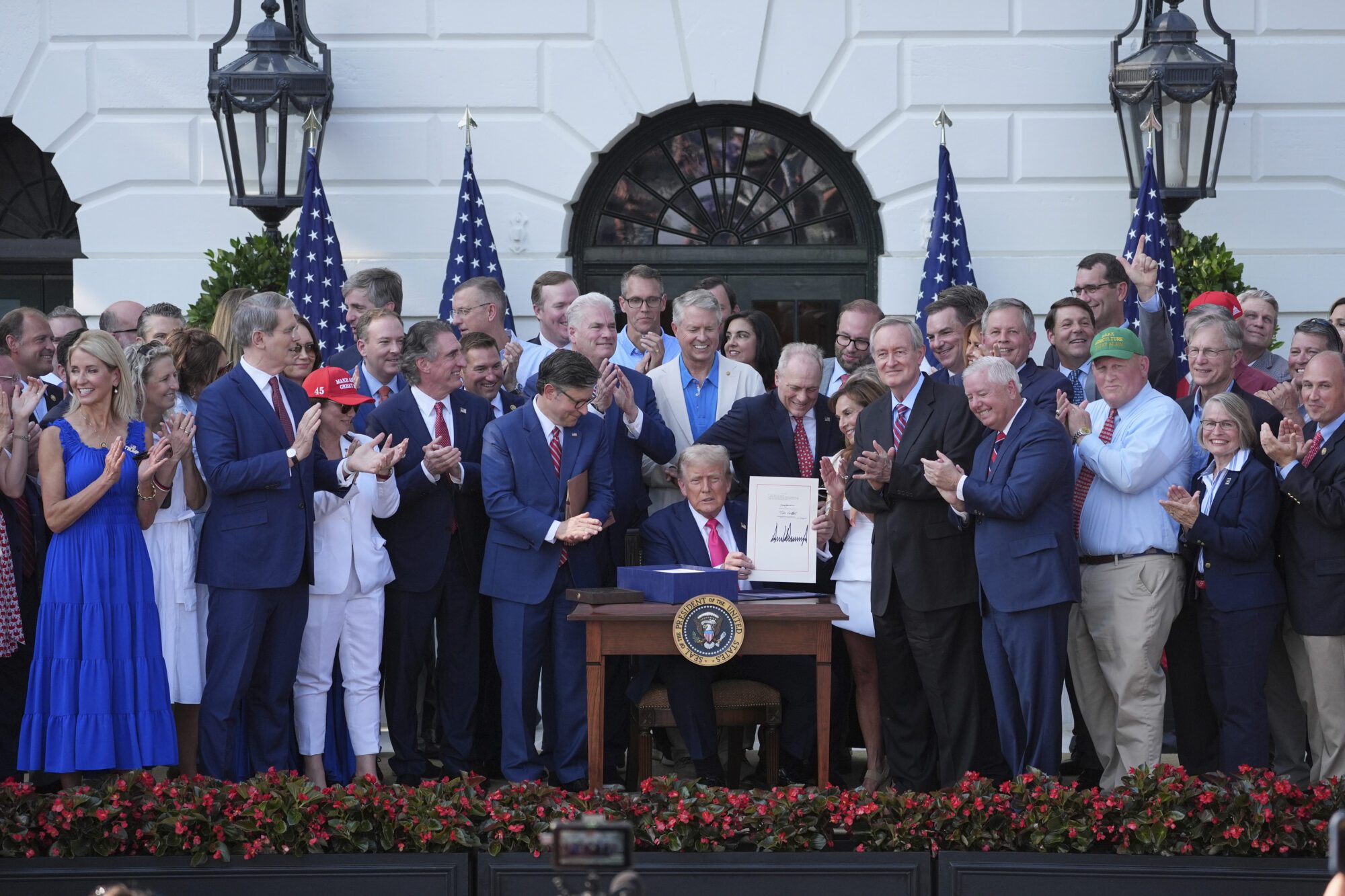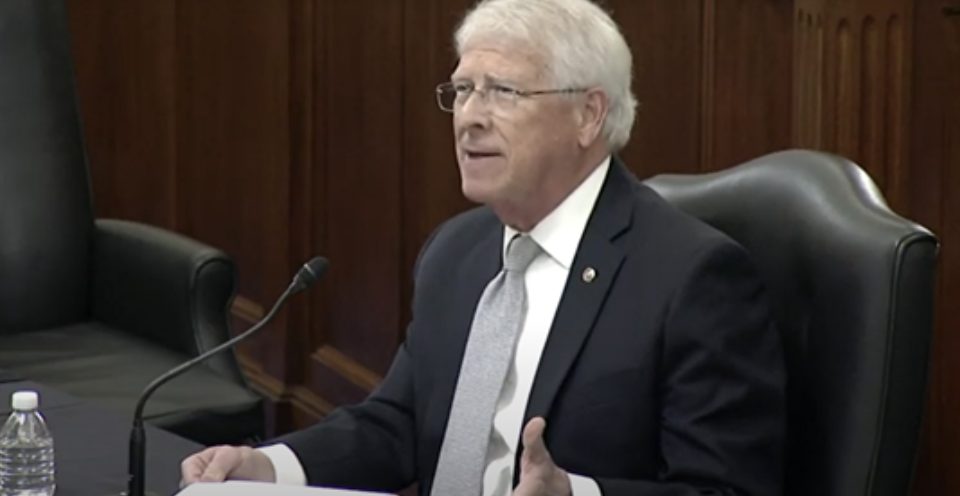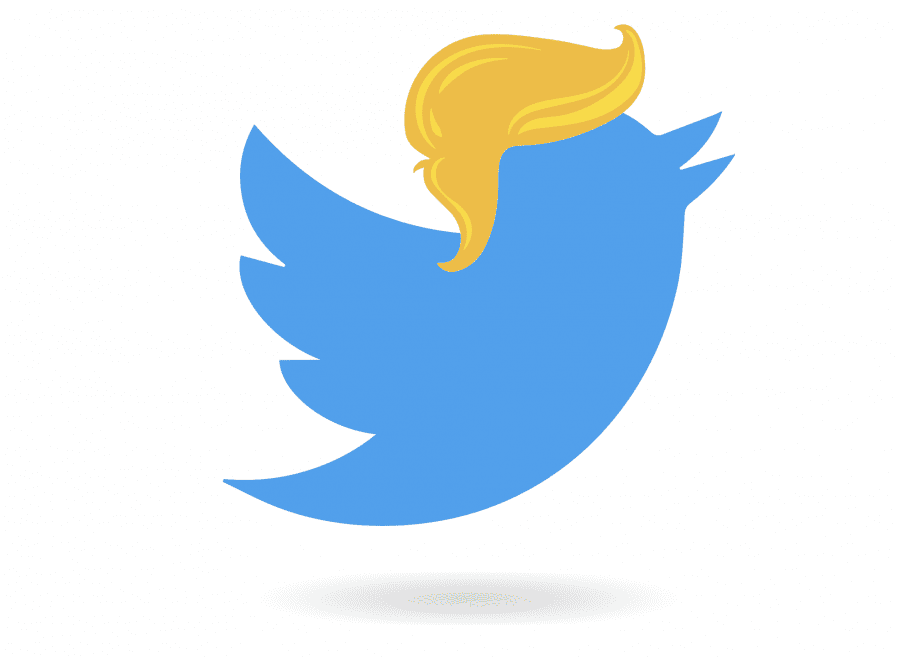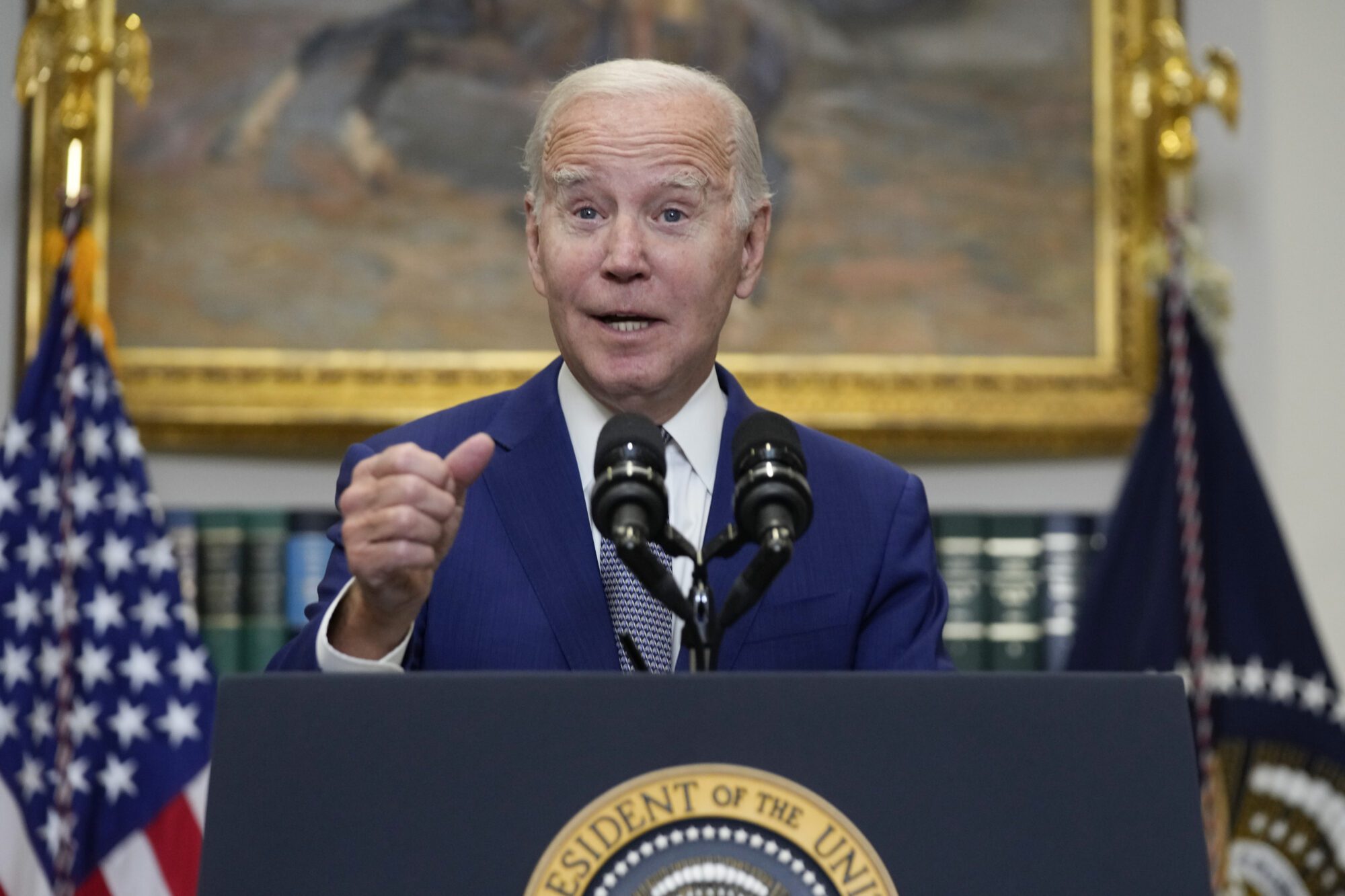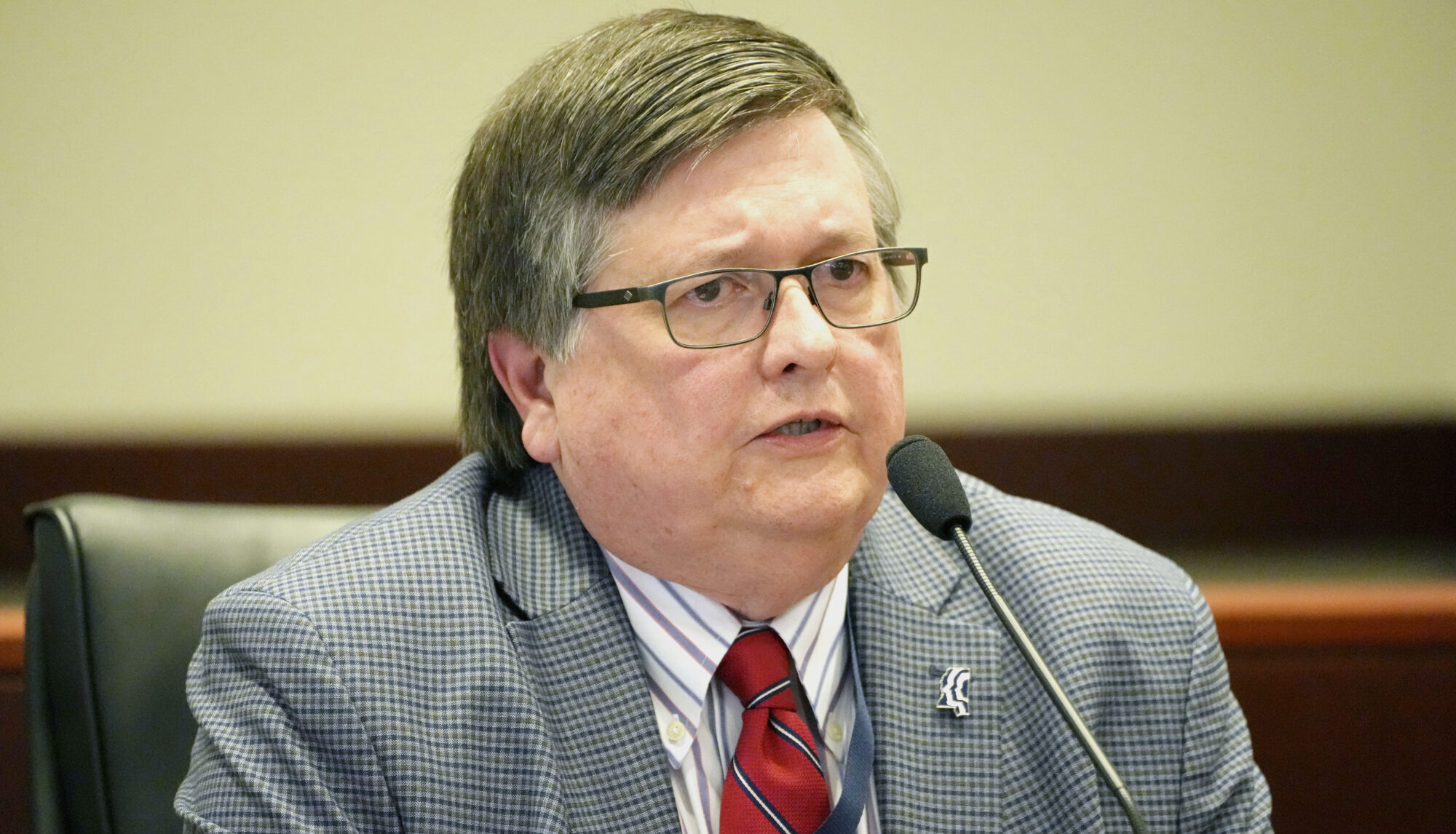
Shutting down comments doesn’t build trust in MSDH.
The Mississippi State Department of Health (MSDH) is now blocking comments on its Facebook page that the agency deems misleading and “directly contrary” to the state’s public health mission. The state health officials say they are concerned at this time over the “rise of misinformation” about COVID-19 and vaccinations, noting that they will again allow comments once they can effectively quell the harmful commentary.
There appears to be a problem with this approach everyone seems to be glossing over out of want to back public health guidance as the pandemic wanes: Government agencies cannot engage in “viewpoint discrimination” on social media.
Up until now, the MSDH has allowed the public to comment and interact on its social media accounts, essentially using its Facebook page as a tool to disperse public information and receive public feedback. Hence, it has been a de facto public forum where Mississippians could exercise their First Amendment rights.
While courts have generally allowed government agencies and public officials to moderate social media content with reasonable restrictions regarding vulgarity or spam, government agencies and public officials have not been given the go-ahead to delete comments or block users merely because those in their ranks do not share the opinions being expressed on the public forum. When they do, it becomes “viewpoint discrimination.”
What the MSDH needs most right now is trust – trust from the people of Mississippi. The people of this state must trust that MSDH is dispensing unbiased and contextual health advice about COVID and the vaccine. Shutting down comments on its Facebook page would seem to quash the very people MSDH needs to be earning the faith of the most.
“Viewpoint discrimination is a form of content discrimination particularly disfavored by the courts. When the government engages in content discrimination, it is restricting speech on a given subject matter,” wrote Kevin Francis O’Neill, an associate professor at Cleveland-Marshall College of Law. “When it engages in viewpoint discrimination, it is singling out a particular opinion or perspective on that subject matter for treatment unlike that given to other viewpoints.”
Because the government is essentially taking sides in a debate when it engages in viewpoint discrimination, O’Neill writes that the United States Supreme Court has held viewpoint-based restrictions to be especially offensive to the First Amendment.
“Such restrictions are treated as presumptively unconstitutional,” the professor states.
In a 2009 article updated in 2017, O’Neill references Rosenberger v. Rectors and Visitors of the University of Virginia (1995), where the Supreme Court declared, “The government must abstain from regulating speech when the specific motivating ideology or the opinion or perspective of the speaker is the rationale for the restriction.”
Singling out a particular perspective and voicing an opinion in a public forum as previously established by a government agency, such as questioning the government’s response to COVID-19, the need to take a vaccine, or the political and social issues that surround those public topics, may be considered as suppression of speech – even, and especially, if it runs contrary to public health guidance.
Further, why now? Surely, the “misinformation” and misleading comments, as they would deem them, on the MSDH Facebook page have been an issue for the past 16 months.
In another case before the U.S. Supreme Court, Packingham v. North Carolina (2016), the Court’s majority stated: “Social media allows users to gain access to information and communicate with one another about it on any subject that might come to mind… These websites can provide perhaps the most powerful mechanisms available to a private citizen to make his or her voice heard. They allow a person with an Internet connection to ‘become a town crier with a voice that resonates farther than it could from any soapbox.'”
MSDH, Dr. Thomas Dobbs and others in the public health community may not like the differing points of view or perhaps have grown tired of being in the public square, but government agencies restricting comments on a public forum it began simply because it no longer likes the opinions expressed – whether sane or not, in their view – is a slippery slope and on shaky legal footing. It is essentially inviting the state to be sued over Mississippians exercising their First Amendment rights, as they have been allowed to do until now.

